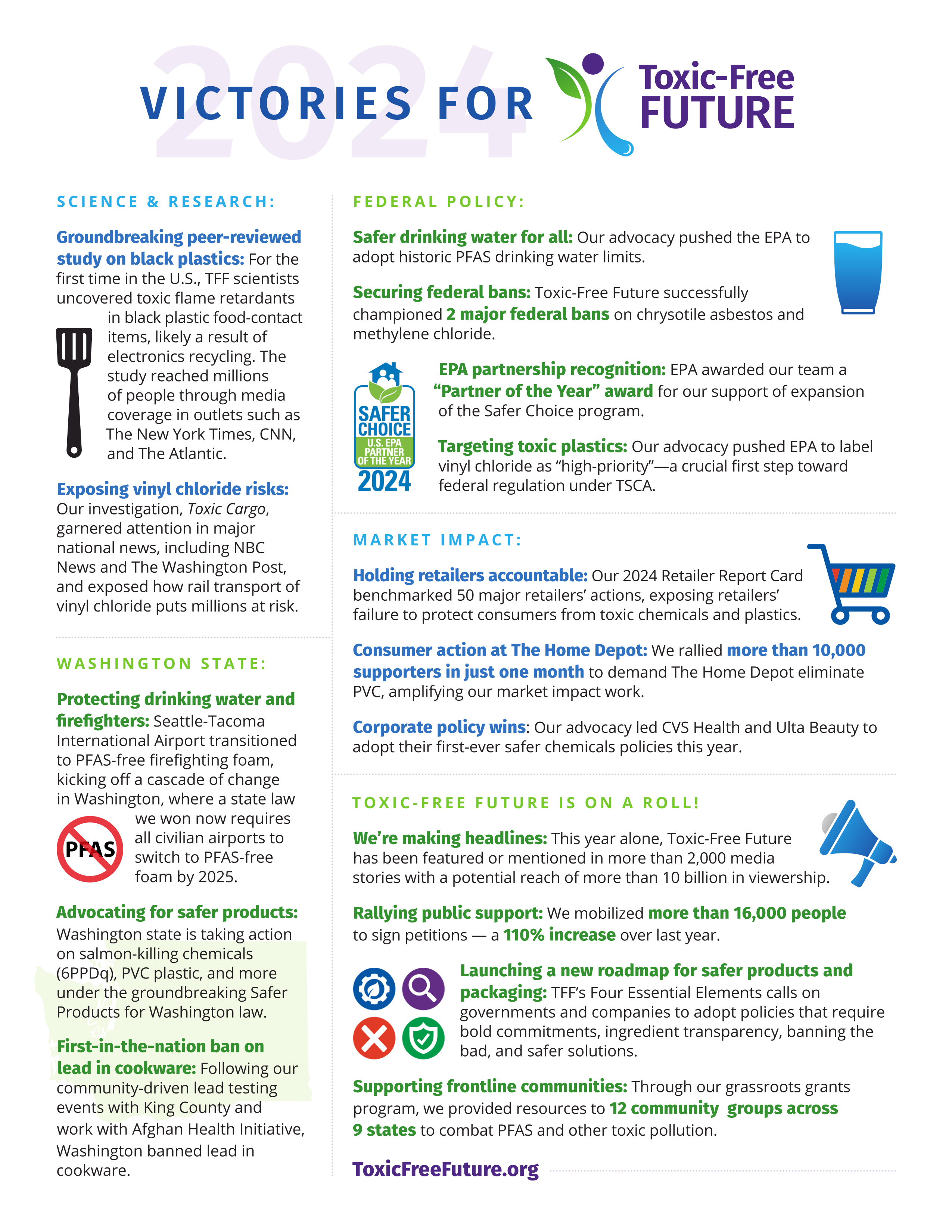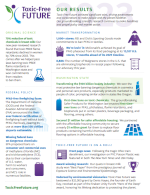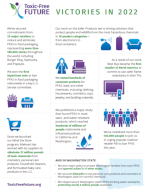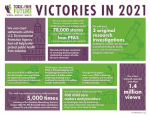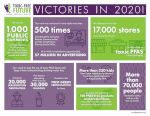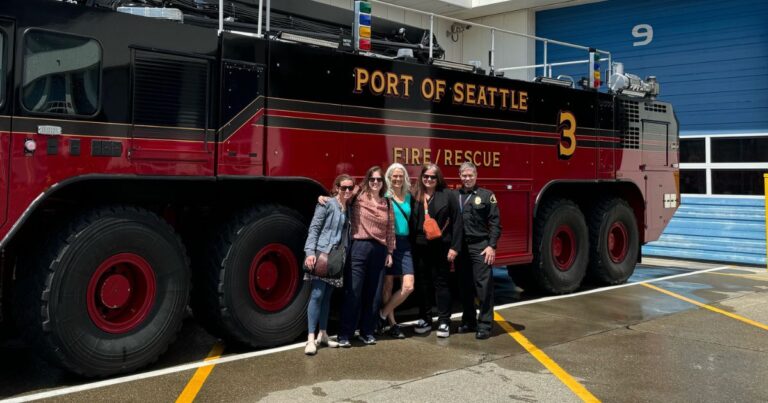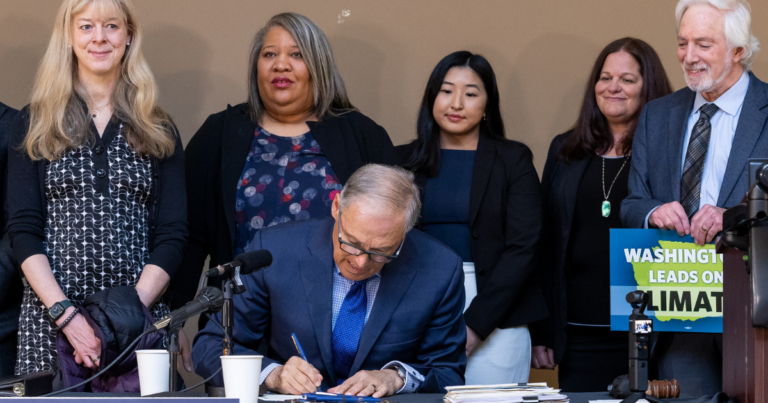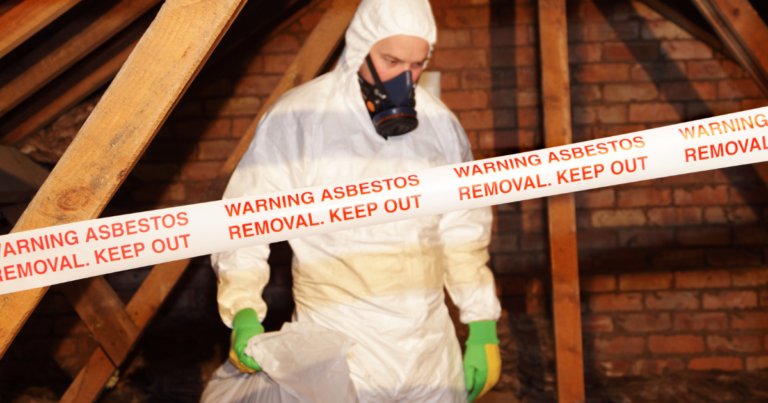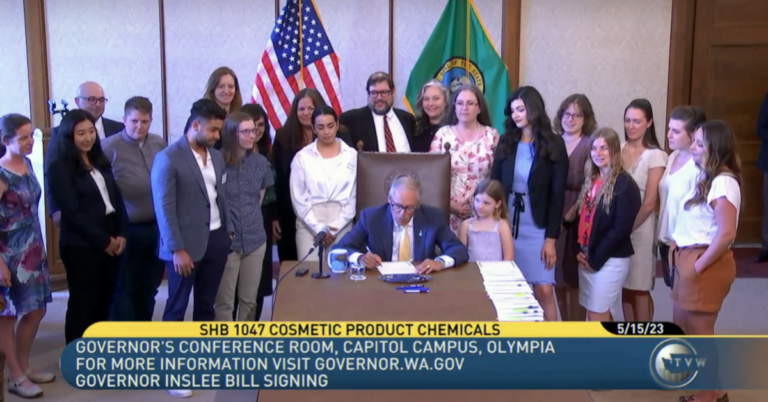Our Impact
Our Impact
Toxic-Free Future is a national leader in environmental health research and advocacy. Through the power of science, education, and activism, Toxic-Free Future drives strong laws and corporate responsibility that protect the health of all people and the planet.
Driving strong laws at the state and federal levels
Through federal laws for our country
Through state policies in Washington
Demanding corporate responsibility and accountability
Through transforming the marketplace
Through our Retailer Report Card
Your support allows us to make big impacts. Will you donate today?
Protecting the most vulnerable
Children
Black, Brown, and Indigenous people
Women
Safeguarding the air we breathe, water we drink, and the food we eat
Food & Drinking Water
Homes
Fostering healthy, clean, and resilient environments
Climate
Workplaces
Water & Wildlife
Victories at a glance
Our recent victories

Press Statement
U.S. EPA finalizes rule to ban cancer-causing trichloroethylene
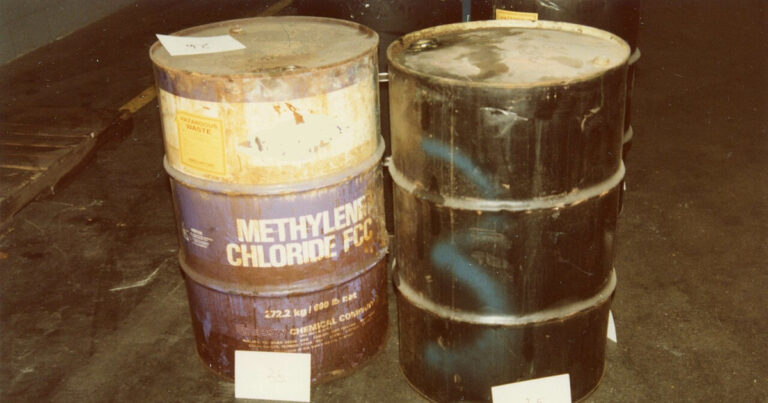
Press Statement
EPA finalizes ban on most uses of methylene chloride

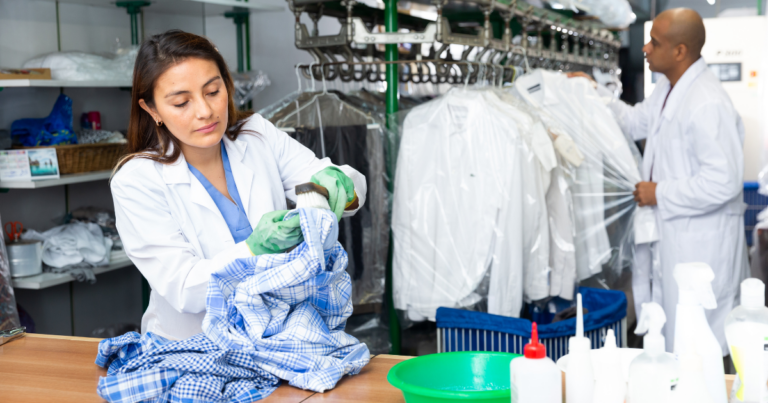
Press Statement
U.S. EPA proposes rule to ban dangerous trichloroethylene


